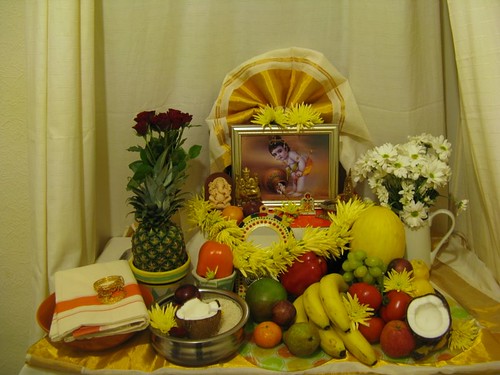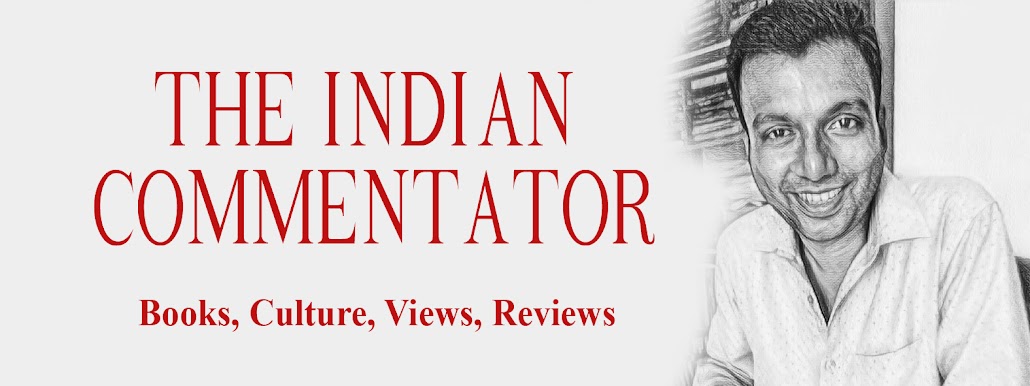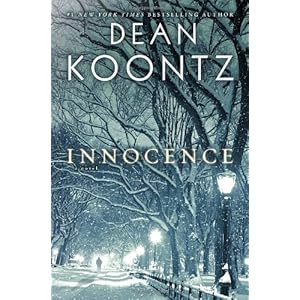Here is a peaceful way that I
suggest in order to make the celebration unforgettable. Take books in your
hands, read.
I am going to give you
something to read. This might “blow your socks off”, so to speak.
 |
| Image Courtesy: Google |
ØØØ
I was sitting at my home,
after lunch on a hazy Sunday noontime. And this thought crossed my mind.
It is also true that I was
thinking along this line for some time, but all those thoughts were mere
thoughts and I did not have any idea how to make it practical.
Once this new idea popped into
my head, I immediately rang my editor and asked her if we could execute
something like this. “Yes,” wasn’t
her reply.
“How?” she asked me bewildered.
That was when I realized one
more time; I was shooting the bull around, again.
“Here is the idea,” I told
her. “Instead of publishing new articles and creative writing samples in my
blog, The Indian Commentator, I will
publish them directly as a kindle ebook. I will update this manuscript week
after week with newer articles as I write them.”
“Does it mean you are
stopping, The Indian Commentator?”
she cut in.
“No,” I said. “I won’t stop The Indian Commentator. Instead, I will
publish samples of new articles in my blog, after they appeared in the kindle
ebook.”
“So, how are the readers going
to get this ebook?” she asked curious.
“It’s easy, just like you
download a kindle book through the Amazon.com site you can download this one
too. Plus, this book will be free!” I tried to explain.
“Hmm...,” she said. “What if
you publish a new article, next week?”
“Well, I will update the
manuscript and send it to BW Publishing. They have said “yes” to this project! So each time, they will update the book, with
each new article.”
“Does the reader download it
each time?”
“Nope. Those who have
downloaded it already will receive the update message from Kindle.com. Others
will know when a new article comes out through The Indian Commentator and also my Facebook page.”
“Sounds interesting,” she
replied musingly. “But you should dedicate this book to my name.”
I was surprised at her demand.
“How so?” I asked.
“I put up with all your
creative explosions,” she said and laughed loudly.
ØØØ
Yes, you are here for a historic event. What
you are about to read is world’s first ever Kindle Blog, or …shall we call
Klog?!
My publishers tell me, that my desire to
make Unclassified Intelligence available free might not entirely be possible,
as amazon kindle might charge a small amount on every ebook. So I must confess I
taste failure even before I began. But as we know already, our failures are the
milestones that remind us where we are currently in our long journey. And every
failure is a lesson. I am also informed that I can make the “book” available free
through five days of my choice. I am definitely going to use that. But before I
fix on which days to choose, to make Unclassified Intelligence available free, I
must inform all my readers. I entrust you a part of that task, my friend.
Please, tell this to your friends or share this page in your social networking
platforms. We are making history here.
Every new blog post I make, from this day
onwards, will appear at first in Unclassified Intelligence.
Happy reading,
Anu Lal






